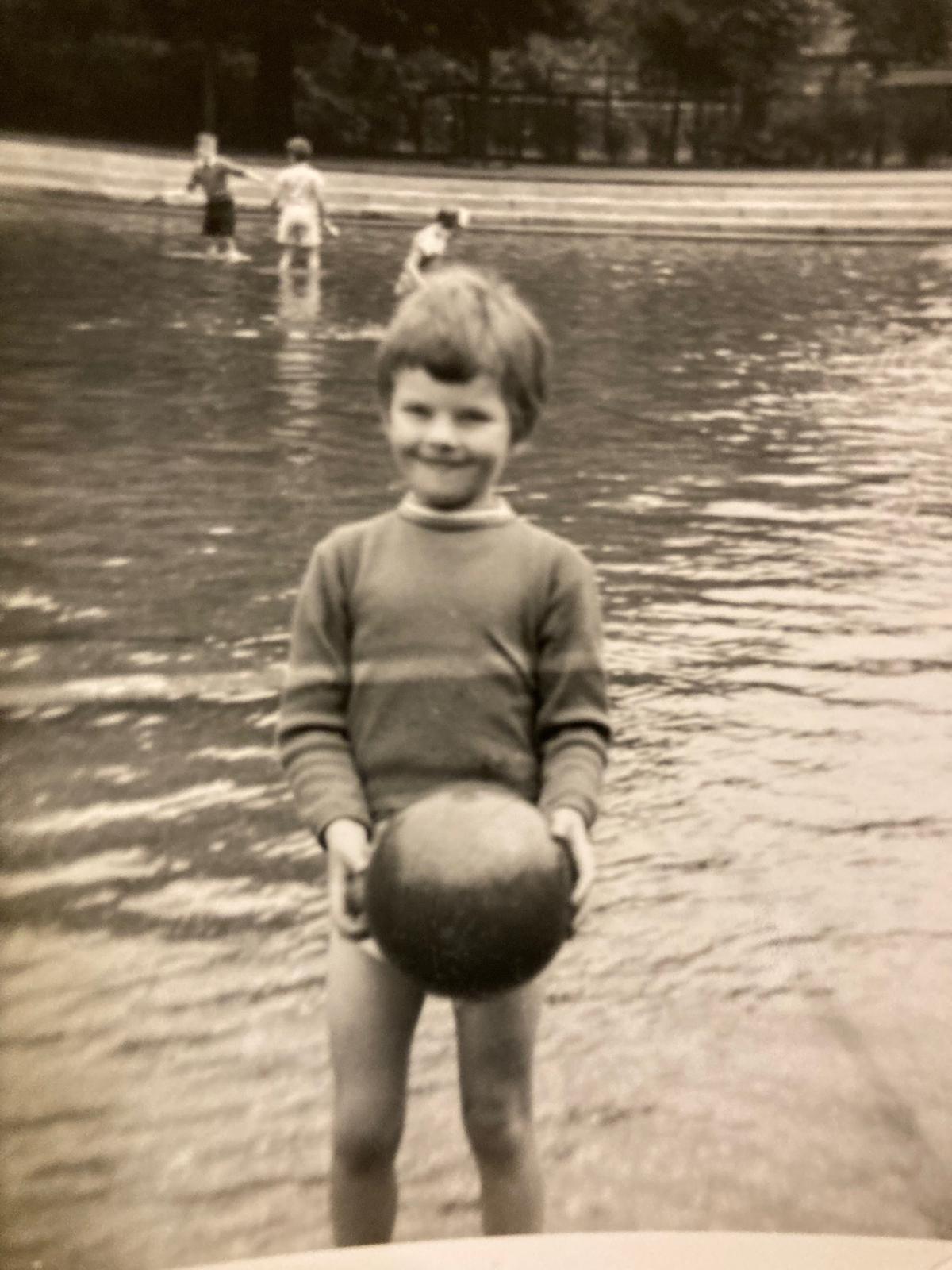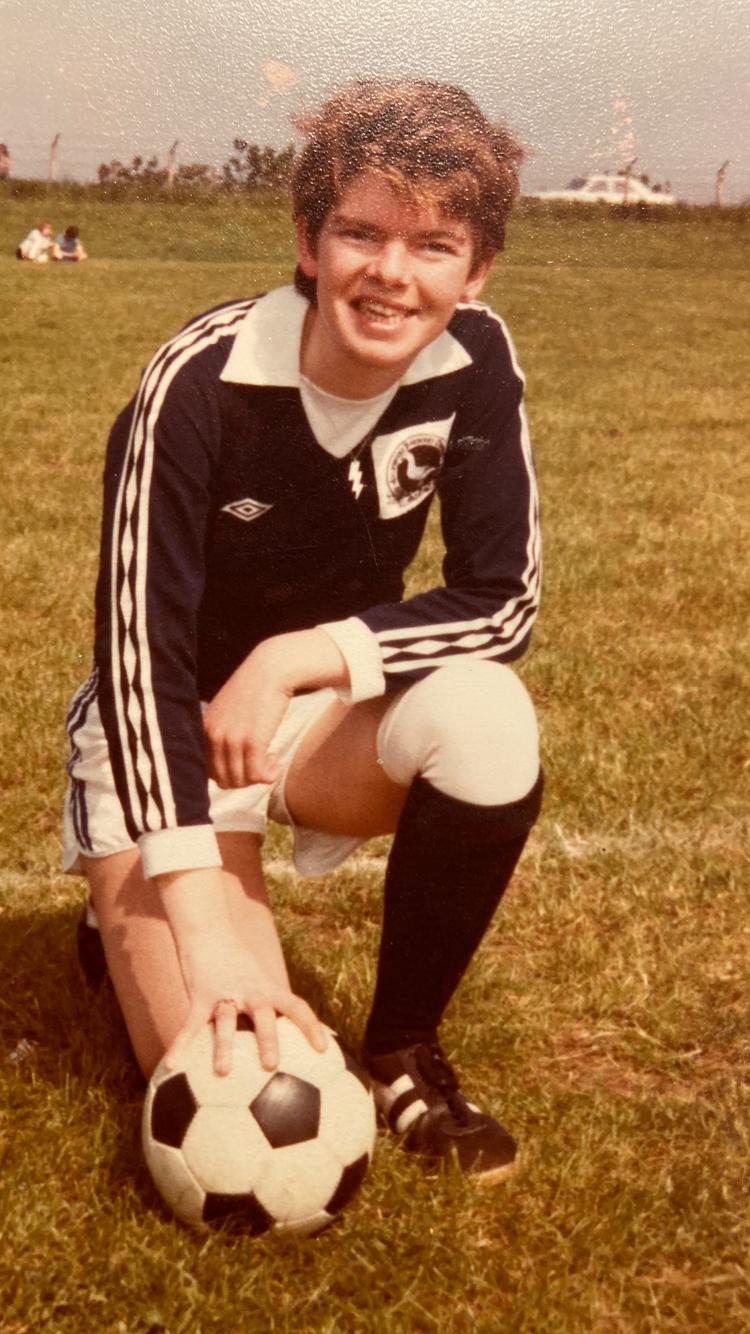I started playing football in the 1960s and I am incredibly proud to have represented England at a major international tournament, pre FIFA.
I was brought up on a farm, surrounded by male cousins who were all football mad, so from the age of four or five I started kicking a ball around with them. It felt like the most natural thing in the world to be included in the game. It wasn’t until I grew up that I realised girls weren’t being encouraged to play.

I was not allowed to play football at school and I never knew another girl who played until I was 13 years old. Even when we found a women’s team to join, we were banned from playing on FA affiliated pitches. We had to use our pocket money to hire a pitch on a council park. These were basic pitches, often sloping and very muddy. We got them on a Sunday afternoon, but only after the men and boys’ games had been played.
- ‘We felt like absolute stars’: Behind the 1971 women’s football World Cup the world forgot
- The middle class sucked the fun out of owning a dog and football. What’s next?
- I’m gay and a West Ham fan – this is how football has changed for people like me
Thankfully a lot has changed in the sport since I played for England aged just 15. I feel so proud of what the Lionesses have achieved over the decades and what they stand for today. But women’s football still faces a lot of challenges.
Playing on a wet, muddy pitch in the 1960s, I never could have imagined that severe weather would one day become a real issue for the future of women’s football.
In a report published by Green Football’s Great Save and Zurich Resilience Solutions, climate hazards including wind gusts of up to 120 miles per hour and severe flooding will pose an increasing threat to pitches where women play over the next 25 years. This could mean that women will have less opportunity to play the sport I fought so hard to be a part of. We’re seeing the impact even now: a number of women’s games have already been called off this year due to dangerous playing conditions caused by Storms Éowyn and Babet.










